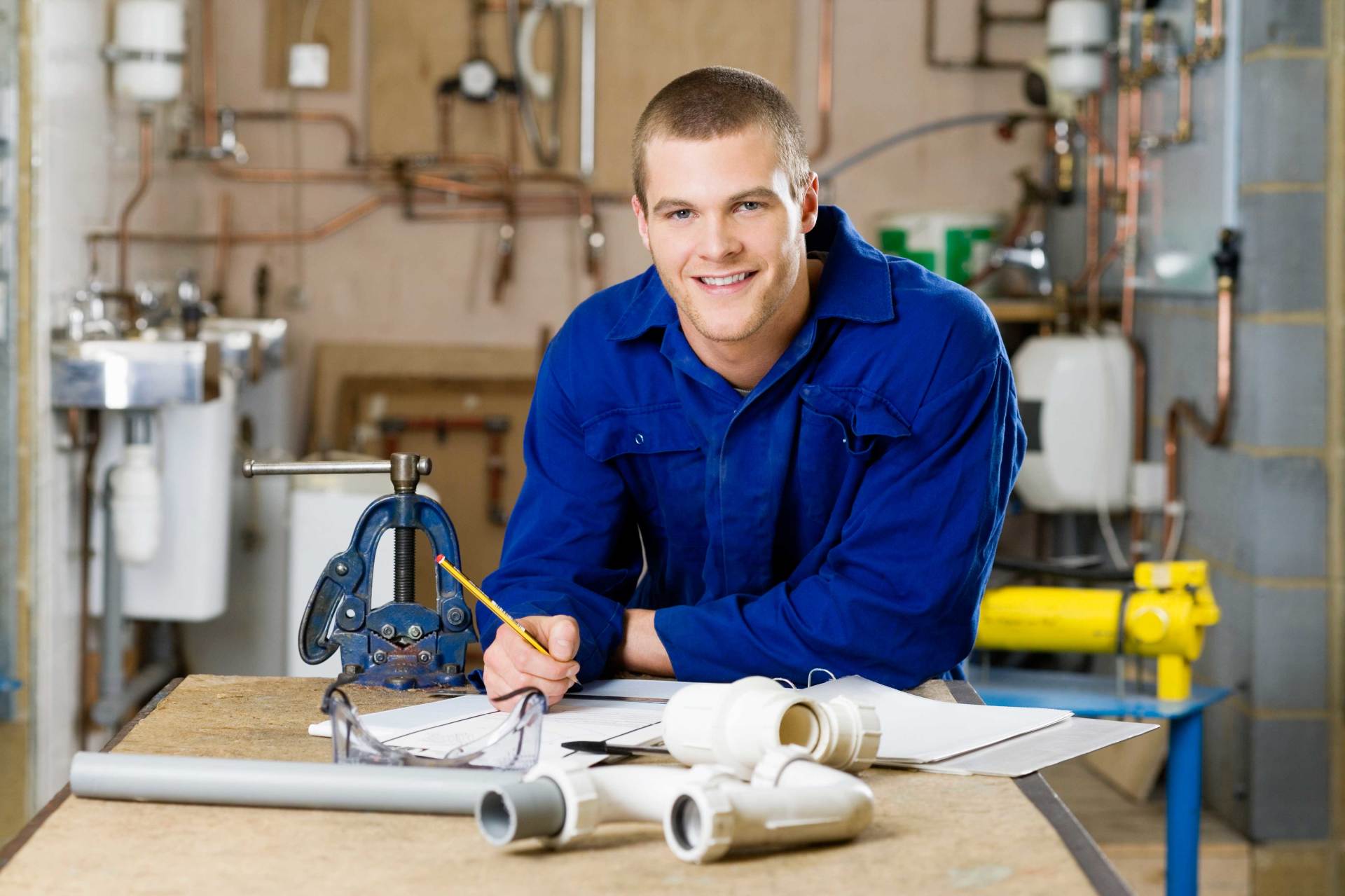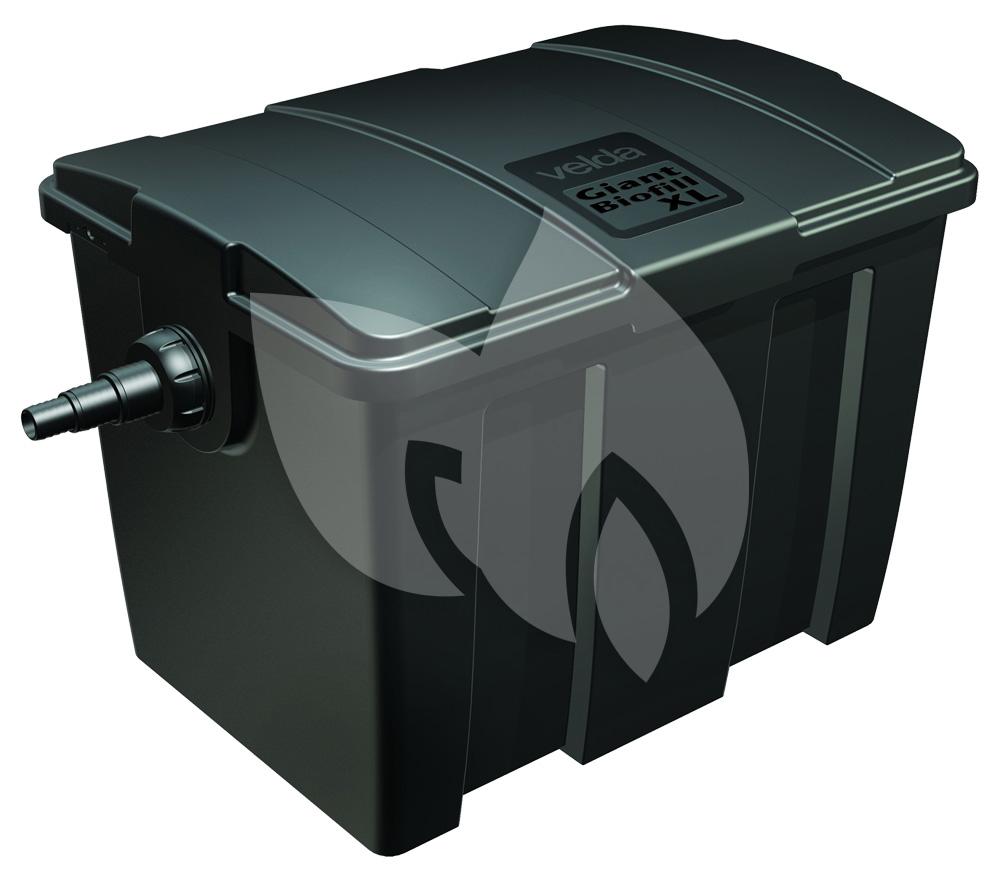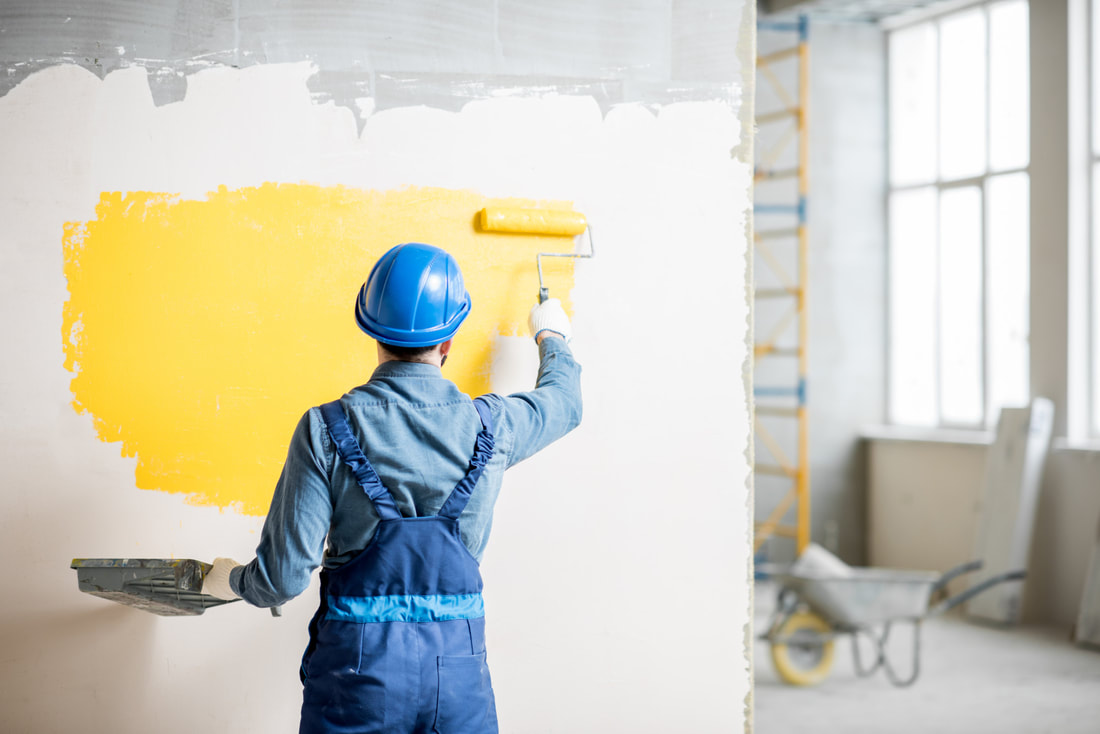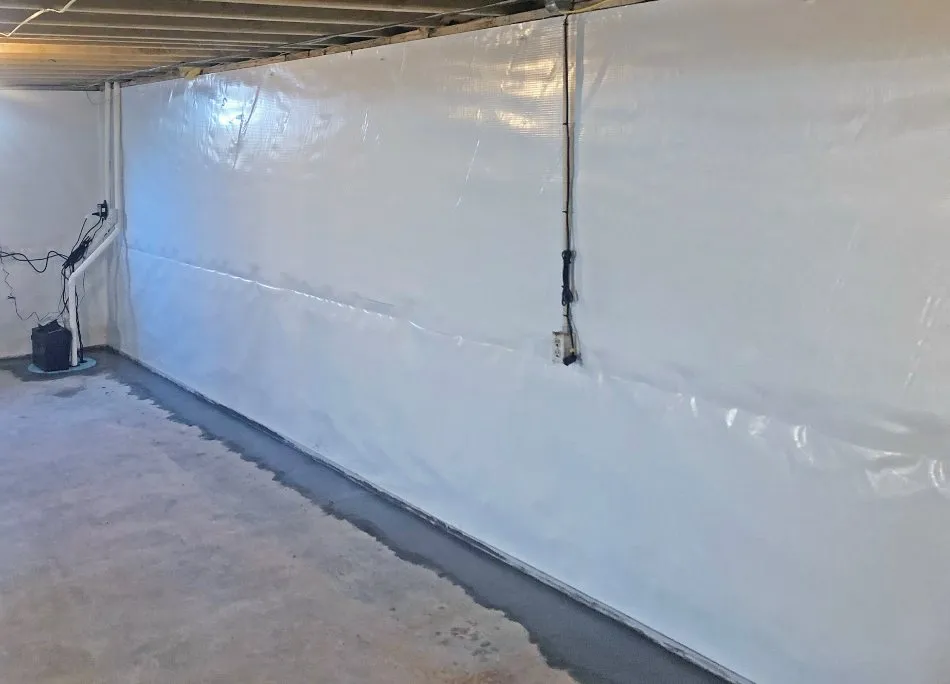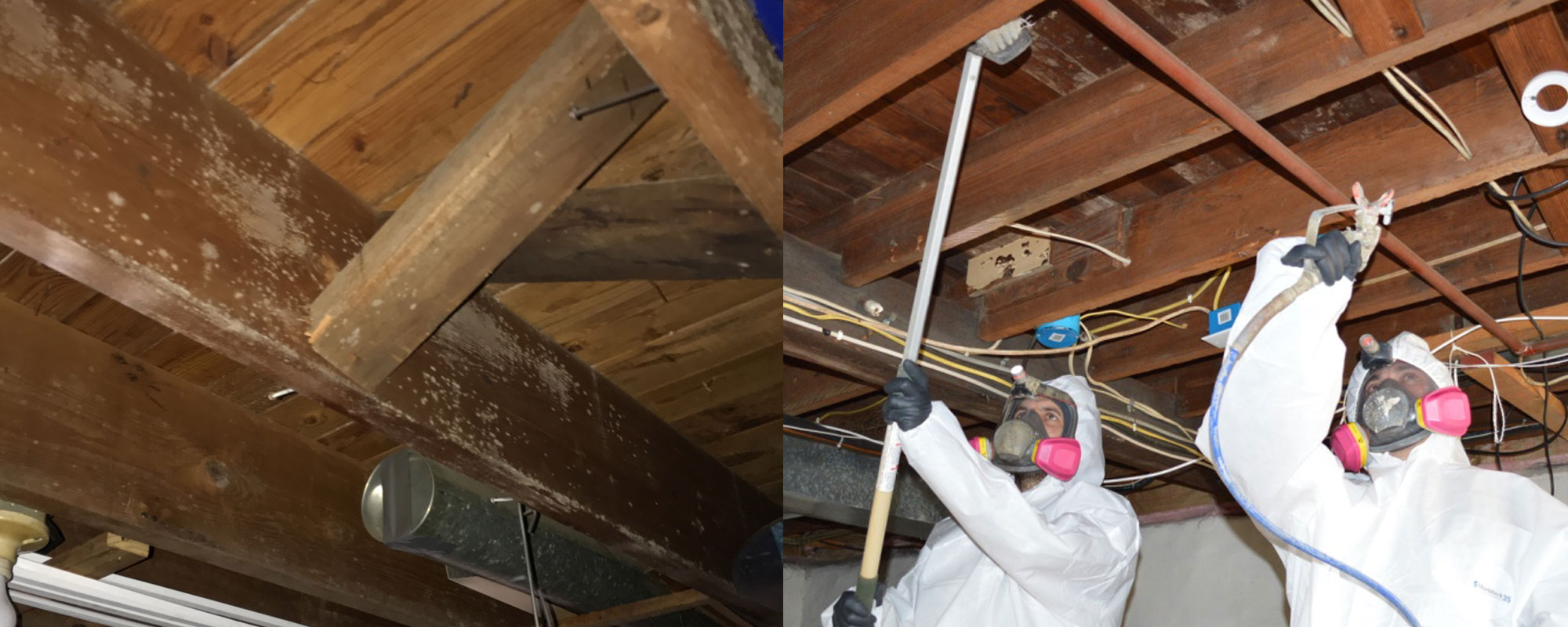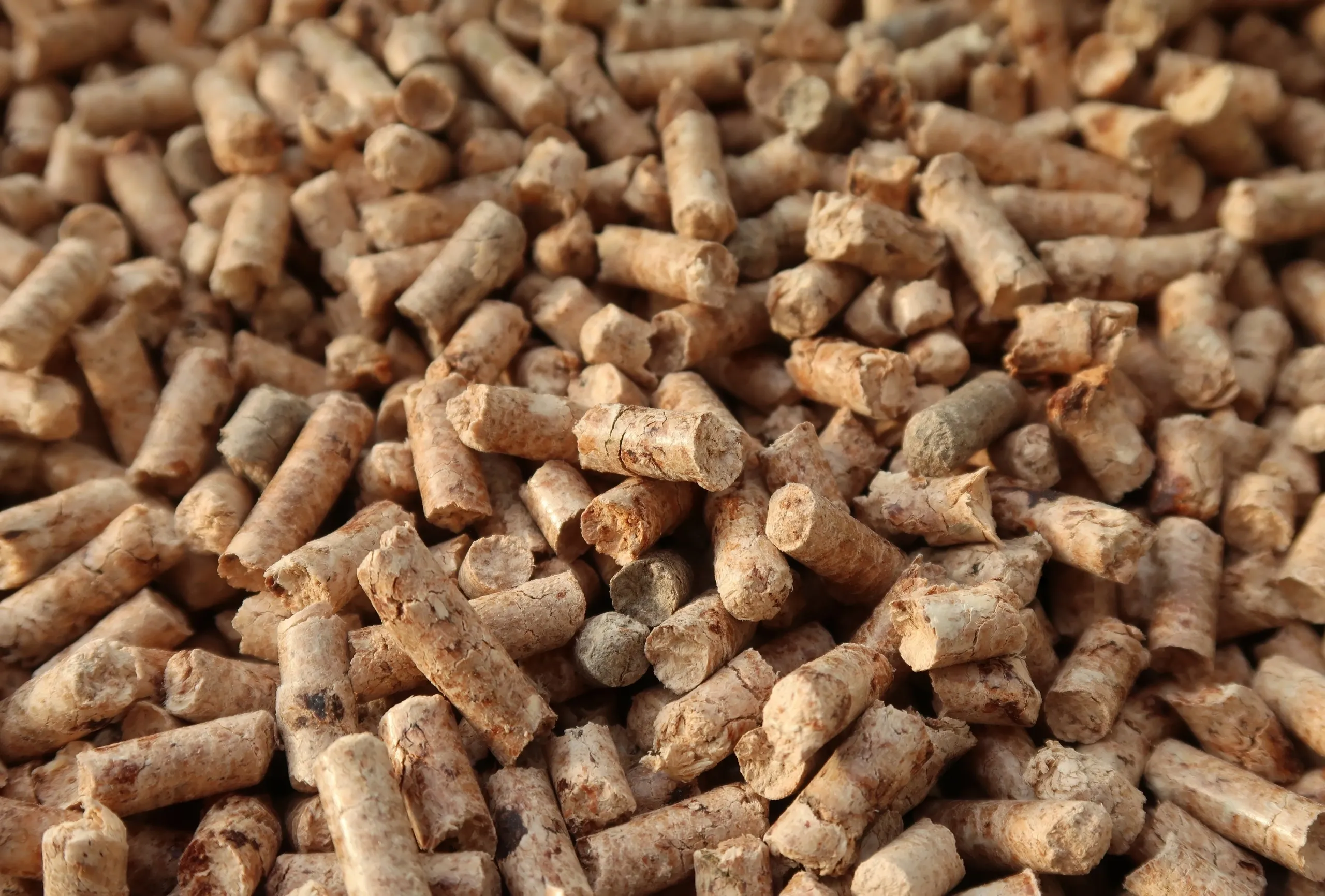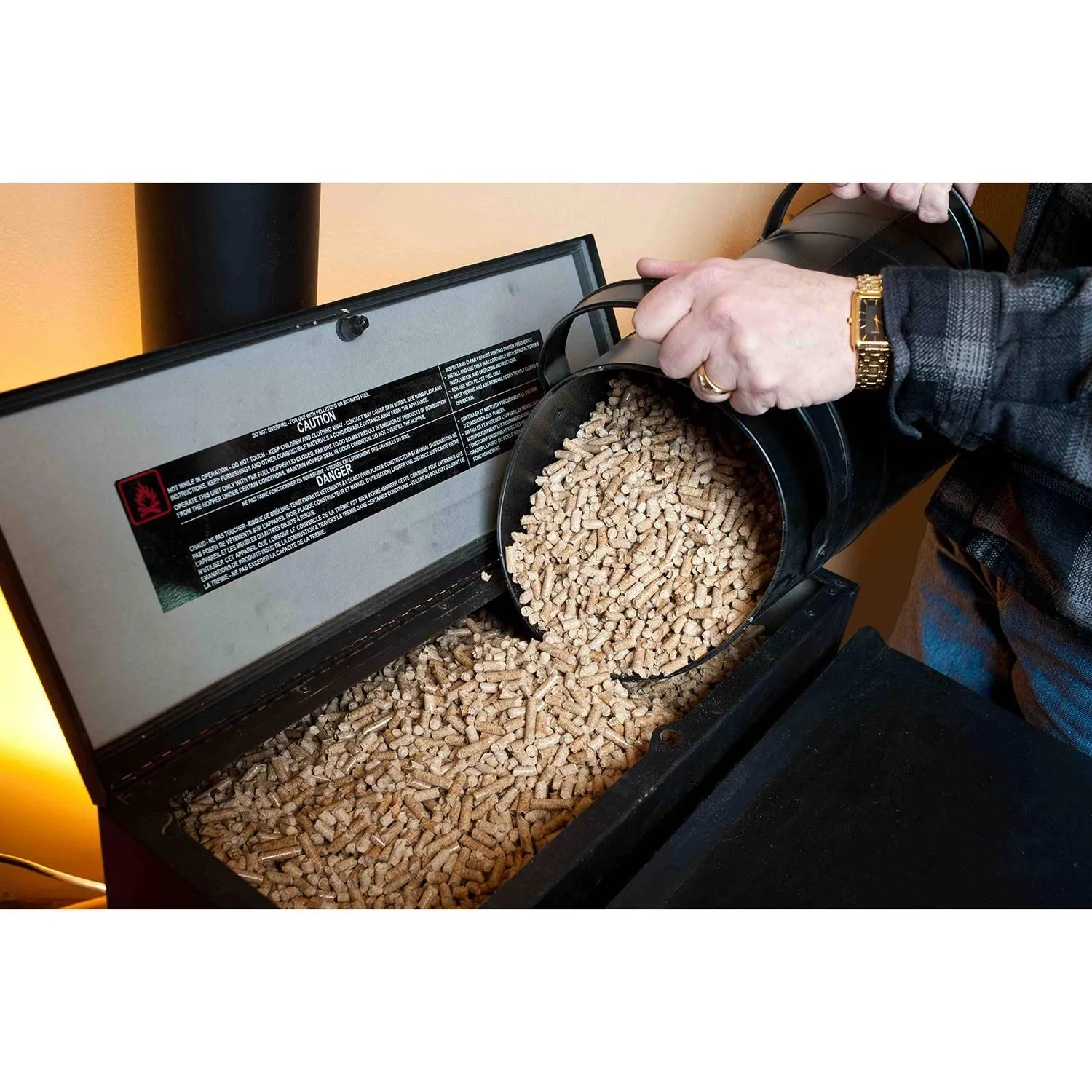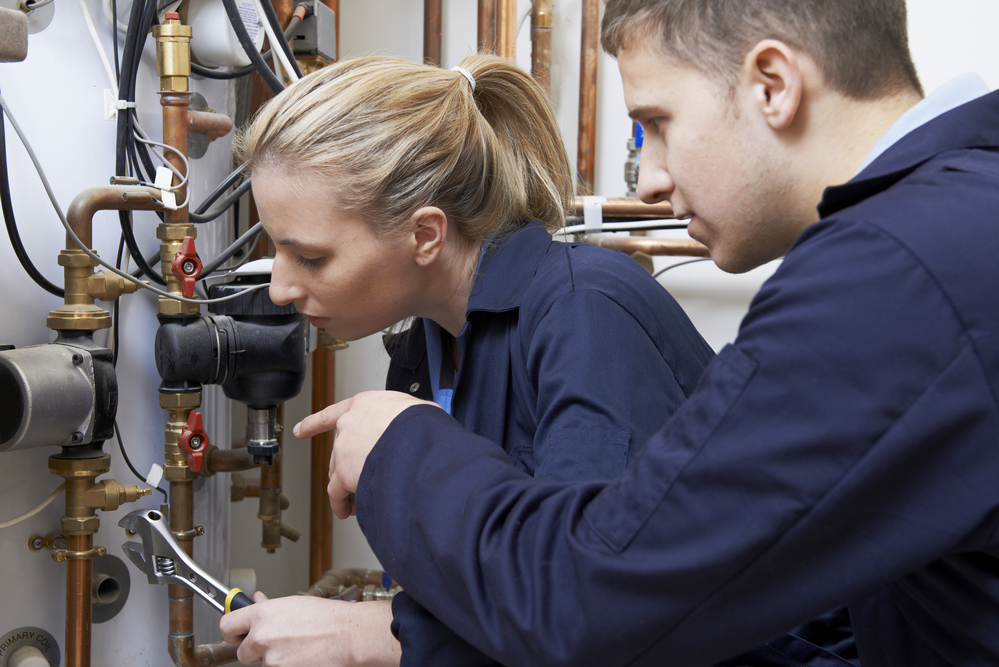
Unlocking The Mysteries Of Plumbing: What to Expect During a Professional Plumbing Inspection
Plumbing issues can quickly turn from minor annoyances to major headaches if addressed. From leaky faucets to burst pipes, the complexity of a home’s plumbing system means that problems can arise when least expected. To avoid costly repairs and maintain the integrity of your home, scheduling regular plumbing inspections is essential. But what exactly does a professional plumbing inspection entail, and what can you expect from the process? Let’s dive into the details.
1. Scheduling and Preparation
Before the inspection begins, you’ll typically need to schedule an appointment with a qualified plumber. When searching for a reliable service provider, consider experience, reputation, and customer reviews. Once you’ve selected a υδραυλικοι αθηνα, coordinate a convenient time for the inspection to take place. On the day of the appointment, ensure that the plumber has clear access to all areas of your home’s plumbing system, including sinks, toilets, showers, and water heaters.
2. Visual Assessment
The inspection will begin with visually assessing your plumbing fixtures and appliances. A trained plumber will carefully examine each component for signs of wear, corrosion, leaks, or damage. This thorough examination may involve checking for loose connections, dripping faucets, water stains, or unusual odors. Additionally, the plumber may inspect exposed pipes in basements, crawl spaces, or utility rooms to identify any potential issues.
3. Testing Water Pressure and Flow
Proper water pressure is crucial for the efficient operation of your plumbing system. During the inspection, the plumber may test the water pressure and flow rate at various fixtures throughout your home. Deviations from the optimal range could indicate underlying problems such as clogs, sediment buildup, or faulty pressure regulators.
4. Drainage Assessment
Clogged drains are a common plumbing issue that can lead to backups and water damage if not addressed promptly. As part of the inspection process, the plumber may perform tests to assess the drainage performance of sinks, tubs, and showers. This evaluation may involve running water through each fixture and monitoring the rate at which it drains. Additionally, the plumber may use specialized tools such as drain cameras to inspect the interior of pipes for blockages or damage.
5. Check for Leaks
Even small leaks can waste water and contribute to mold growth and structural damage over time. To prevent these issues, the plumber will meticulously inspect all visible pipes, fittings, and connections for signs of leakage. This examination may include checking under sinks, behind toilets, and around water heaters for any telltale drips or puddles. In some cases, the plumber may use leak detection technology to identify hidden leaks within walls or floors.
6. Assessment of Water Heater
Your water heater is vital in providing hot water for bathing, cooking, and cleaning. During the inspection, the plumber will evaluate the condition and performance of your water heater. This assessment may involve checking for sediment buildup, testing the temperature and pressure relief valve, and inspecting the anode rod for signs of corrosion. Addressing any issues with your water heater promptly can help prolong its lifespan and ensure reliable operation.
7. Recommendations and Maintenance Tips
Once the inspection is complete, the plumber will provide you with a detailed report of their findings and any recommended repairs or maintenance tasks. This may include replacing worn-out components, tightening loose fittings, or scheduling preventive maintenance services. Additionally, the plumber may offer valuable tips on properly caring for your plumbing system and preventing future problems.
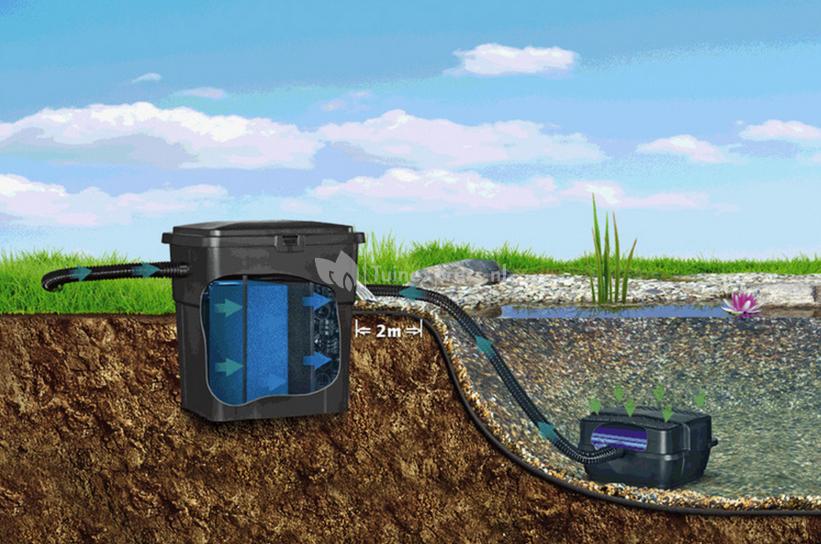
Unlocking The Secrets Of Crystal-Clear Ponds: A Guide to Pond Filtration by World of Water Aquatic Centres
Maintaining a healthy and vibrant pond requires more than just adding water and a few fish. To achieve an optimal aquatic environment, proper pond filtration is essential. World of Water Aquatic Centres guides you through the intricate world of pond filtration, ensuring your water features thrive and stay crystal-clear. In this comprehensive guide, we will explore the importance of filtration, different types of filters, and why the revolutionary doorstroomfilter vijver is gaining popularity among pond enthusiasts.
Understanding the Importance of Pond Filtration
Pond filtration is the backbone of a successful aquatic ecosystem. It plays a crucial role in removing debris, excess nutrients, and harmful bacteria from the water. Filtration promotes water clarity, balances chemical levels, and creates an environment where aquatic life can flourish. Without proper filtration, ponds can quickly become murky, algae-infested, and inhospitable for fish and plants.
The Versatility of Flow-Through Filter Pond Systems
The innovative flow-through filter pond system is one of the latest advancements in pond filtration technology. This cutting-edge design allows water to flow through the filter, ensuring maximum filtration efficiency continuously. Unlike traditional filters that may require periodic cleaning, flow-through filters promote a self-cleaning mechanism, reducing maintenance efforts for pond enthusiasts.
The key to the effectiveness of flow-through filters lies in their ability to provide both mechanical and biological filtration. Mechanical filtration removes visible debris, while biological filtration utilizes beneficial bacteria to break down harmful substances, creating a balanced and healthy aquatic environment. World of Water Aquatic Centres recommends considering a flow-through filter pond system for its versatility and ease of maintenance.
Types of Pond Filters
World of Water Aquatic Centres offers a variety of pond filters to suit different needs and preferences. From pressurized filters to gravity-fed systems, understanding the unique features of each type is crucial for making an informed decision. Whether you have a small backyard pond or a large water garden, there’s a filtration solution that aligns with your specific requirements.
Choosing the Right Filtration System for Your Pond
Selecting the right filtration system depends on factors such as pond size, fish volume, and plants’ presence. World of Water Aquatic Centres experts recommend assessing your pond’s unique characteristics before investing in a filtration system. This ensures that the chosen filter effectively addresses the specific needs of your aquatic environment, leading to a healthier and more visually appealing pond.
Maintenance Tips for Pond Filtration Systems
Regular maintenance is crucial for the longevity and efficiency of your pond filtration system. Cleaning filters, checking water parameters, and ensuring proper water flow are essential tasks that contribute to a thriving aquatic ecosystem. World of Water Aquatic Centres provides comprehensive maintenance guidelines to help pond owners keep their filters in top-notch condition, ensuring the longevity of their water features.
The Future of Pond Filtration: Sustainability and Eco-Friendly Options
As environmental awareness grows, so does the demand for sustainable and eco-friendly pond filtration solutions. World of Water Aquatic Centres is at the forefront of introducing environmentally conscious options, such as solar-powered filters and natural biofiltration methods. These innovations contribute to a healthier pond and align with the global movement towards sustainable practices.
Conclusion
In conclusion, achieving and maintaining a clear and healthy pond involves understanding the importance of proper filtration. World of Water Aquatic Centres is a trusted partner in guiding pond enthusiasts through the diverse world of pond filtration options. Whether you opt for traditional filters or embrace the efficiency of a flow-through filter pond system, the key lies in selecting a solution that aligns with your pond’s unique needs. With the right filtration system and maintenance routine, your pond can become a thriving oasis for aquatic life.
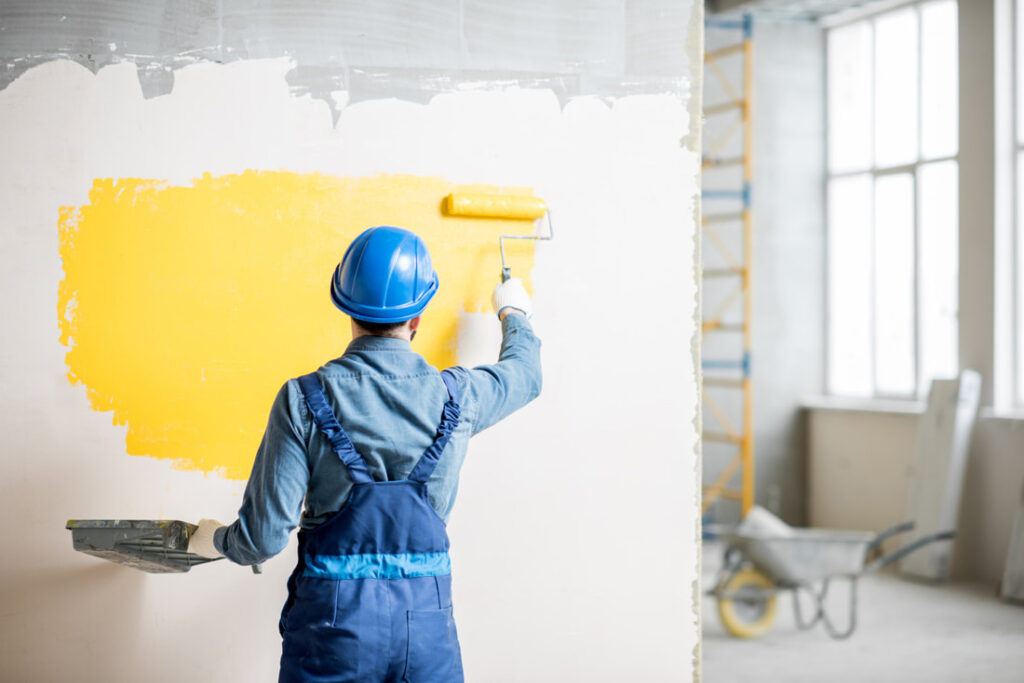
Painting Prep 101: Getting Your Home Ready for a Makeover
Transforming the look of your home with a fresh coat of paint is an exciting endeavor, but before you grab that paintbrush, it’s crucial to lay the groundwork for a successful painting project. Whether you’re a seasoned DIY enthusiast or considering professional assistance from reliable interior painting services, proper preparation is the key to achieving a flawless finish. This guide’ll explore the essential steps to ensure your painting project goes smoothly.
1. Assess the Scope of the Project
Before diving into the world of paint swatches and color palettes, take a step back and assess the scope of your painting project. Determine which rooms or areas of your home will be included in the makeover. This initial assessment will help you create a realistic timeline and budget for the project.
2. Gather Your Tools and Materials
The right tools and materials are crucial for a seamless painting experience. Make a checklist that includes paintbrushes, rollers, painter’s tape, drop cloths, sandpaper, and any other items specific to your project. If you opt for professional interior painting services, confirm with the contractors about the materials they will be using.
3. Prep the Walls
Properly preparing your walls is a crucial step that should be considered. Start by cleaning the surfaces to remove dust, dirt, and grease. Patch any holes or cracks with spackle, and sand down rough spots. This ensures a smooth and even paint application, producing a professional-looking finish.
4. Protect Your Furniture and Floors
Accidents happen, and paint splatters are a common occurrence during painting projects. Protect your furniture and floors with plastic sheeting or drop cloths. If you’re hiring interior painting services, discuss how they plan to safeguard your belongings and flooring throughout the process.
5. Consider Primer
While primer might seem like an extra step, it can significantly enhance the durability and appearance of your paint job. Primer helps the paint adhere better to the surface, provides a uniform base, and even prevents stains or discoloration from bleeding.
6. Choose the Right Paint
Selecting the right type and finish of the paint is crucial for achieving the desired look. Consider the function of the room and the amount of traffic it receives when choosing paint. Satin and semi-gloss finishes are more durable and easier to clean, making them ideal for high-traffic areas like kitchens and hallways.
7. Test Paint Colors
Before committing to a color, test it on a small wall section to see how it looks in different lighting conditions. This step can save you from regrets and ensure that the final result aligns with your vision for the space.
8. Hire Professionals for a Flawless Finish
If the thought of tackling a painting project on your own is overwhelming, or if you want the assurance of a professional touch, consider hiring interior painting services. Professional painters bring expertise, efficiency, and precision to the job, ensuring a flawless finish that stands the test of time.
In conclusion, a successful painting project begins with thorough preparation. Whether you’re a DIY enthusiast or seeking the expertise of interior painting services, investing time in the preparation phase will pay off in the long run, resulting in a home makeover that truly stands out.
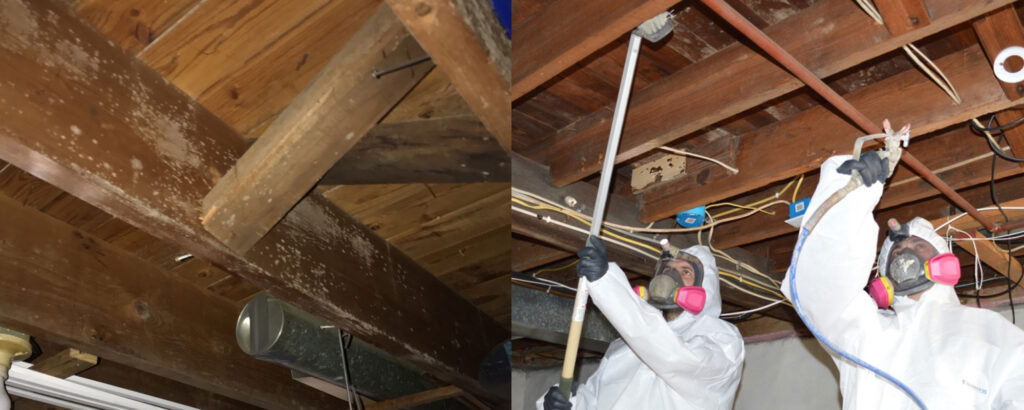
How To Choose The Right Mold Remediation Company
When it comes to safeguarding your home and family, choosing the right mold remediation company is of utmost importance. Mold infestations can be a significant health hazard, and getting rid of them requires professional expertise. Whether you’re dealing with a pesky mold issue in your basement or need basement waterproofing NJ, finding the right company is essential for a job well done.
In this article, we’ll guide you through selecting the right mold remediation company, ensuring your home is mold-free and safe for everyone.
Research and Referrals
The first step in choosing the right mold remediation company is doing homework. Start by asking friends, family, or neighbors for referrals. Word-of-mouth recommendations can be incredibly valuable, as you’ll get insight into the experiences of people you trust. Additionally, look for online reviews and testimonials to gauge the reputation of potential companies.
Licensing and Certification
Before hiring a mold remediation company, check their licensing and certification. Ensure they have the necessary permits to operate in your area and that their technicians are certified in mold remediation. These certifications demonstrate their commitment to industry standards and best practices.
Insurance and Liability
Mold remediation can be a complex and sometimes risky process. Ensure that your chosen company has proper insurance coverage, including liability insurance. This coverage will protect you and your property in case of any accidents or damages during the remediation process.
Experience and Expertise
Experience matters when it comes to mold remediation. Look for a company that has a track record of successfully handling mold issues, especially in basements, which are common areas for mold growth. Experienced professionals will have the knowledge and tools to tackle even the most challenging mold problems.
Thorough Inspection and Assessment
A reputable mold remediation company will start the process with a thorough inspection and assessment of your property. They should identify the type of mold present, the extent of the infestation, and the underlying causes. This information is crucial for developing an effective remediation plan.
Clear and Detailed Quotes
Obtain quotes from multiple mold remediation companies. These quotes should be clear and detailed, outlining the scope of work, materials, timeline, and costs involved. Be cautious of companies that provide vague estimates or pressure you into making a quick decision.
References and Past Projects
Ask the company for references and examples of their past projects. Speaking with previous clients and seeing their work can give you a better idea of the company’s capabilities and the quality of their services. Feel free to reach out to these references to gather insights.
Communication and Professionalism
Effective communication is key when dealing with mold remediation. Choose a company that is responsive, professional, and transparent. They should be willing to answer your questions and keep you informed throughout the entire process.
In conclusion, selecting the right mold remediation company is essential for maintaining a healthy and safe living environment. Whether you’re dealing with mold issues in your basement or considering basement waterproofing in NJ, following these guidelines will help you make an informed decision. Prioritize experience, certifications, and customer reviews to ensure that your chosen company can effectively eliminate mold and protect your home.
Remember, when it comes to mold remediation, it’s better to invest in a reputable company upfront to avoid potential health risks and costly repairs down the line.
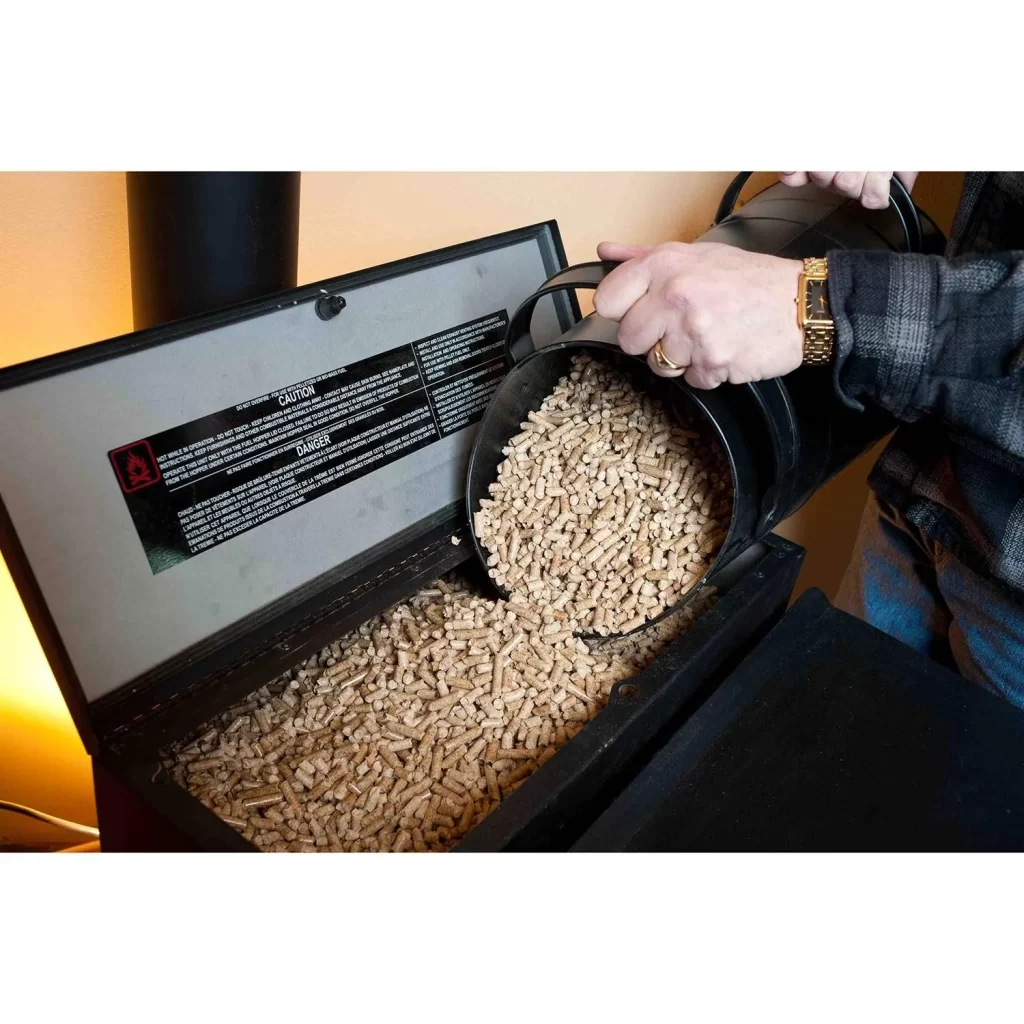
Pellet Stoves for Commercial Spaces: A Smart Choice?
In recent years, the pelletite müük has seen a significant uptick as businesses increasingly seek eco-friendly and cost-effective heating solutions. Among the innovative heating options available, pellet stoves have gained popularity in commercial spaces. These versatile heating systems offer numerous advantages, making them a smart choice for businesses looking to reduce their carbon footprint while improving their bottom line. In this article, we will explore the benefits of using pellet stoves in commercial settings and why they are worth considering.
Environmental Friendliness
- Lower Emissions:
Pellet stoves are known for their eco-friendly operation. They produce minimal emissions, making them a cleaner heating option than traditional fossil fuel-based systems.
- Renewable Fuel Source:
Pellets are made from compressed sawdust and wood waste, making them a renewable and sustainable energy source. This reduces the reliance on non-renewable resources.
Energy Efficiency
- High Efficiency Ratings:
Pellet stoves are designed to be highly efficient, converting a large portion of the pellets into heat. This efficiency translates into lower energy bills for businesses.
- Zone Heating:
Pellet stoves allow for zone heating, which means you can heat specific areas of your commercial space, reducing energy waste in unoccupied areas.
Cost Savings
- Competitive Fuel Costs:
The sale of pellets typically offers cost savings when compared to traditional heating fuels like oil or propane. Pellets are often more affordable and subject to fewer price fluctuations.
- Tax Incentives:
Many governments offer tax incentives and rebates for businesses that adopt environmentally friendly heating solutions, including pellet stoves.
Low Maintenance
- Easy to Clean:
Pellet stoves are relatively easy to maintain. They require periodic cleaning of the ash pan and chimney, but the process is straightforward.
- Automatic Ignition:
Some pellet stoves feature automatic ignition, reducing the need for constant monitoring and manual lighting.
Improved Air Quality
- Clean-Burning:
Pellet stoves are known for their clean-burning capabilities, emitting minimal particulate matter and pollutants into the air. This contributes to better indoor air quality in commercial spaces.
Versatility
- Multiple Fuel Options:
While wood pellets are the most common, pellet stoves can often burn various biomass fuels, providing flexibility in sourcing fuel.
- Stylish Designs:
Pellet stoves come in various designs, allowing businesses to choose one that complements their interior aesthetics.
Reliability
- Consistent Heat Output:
Pellet stoves provide consistent and even heat output, ensuring a comfortable and controlled indoor environment for employees and customers.
- Backup Power:
Some pellet stoves can operate with backup power sources, ensuring uninterrupted heating during power outages.
In conclusion, pellet stoves are a smart choice for commercial spaces for various reasons. They offer environmental benefits, cost savings, energy efficiency, and improved air quality. Their low maintenance requirements and versatility make them a practical and reliable option for businesses of all sizes. With the sale of pellets on the rise and advancements in pellet stove technology, now is an excellent time for businesses to consider this eco-friendly heating solution. Make the smart choice and invest in a pellet stove to reap the rewards for your commercial space.


